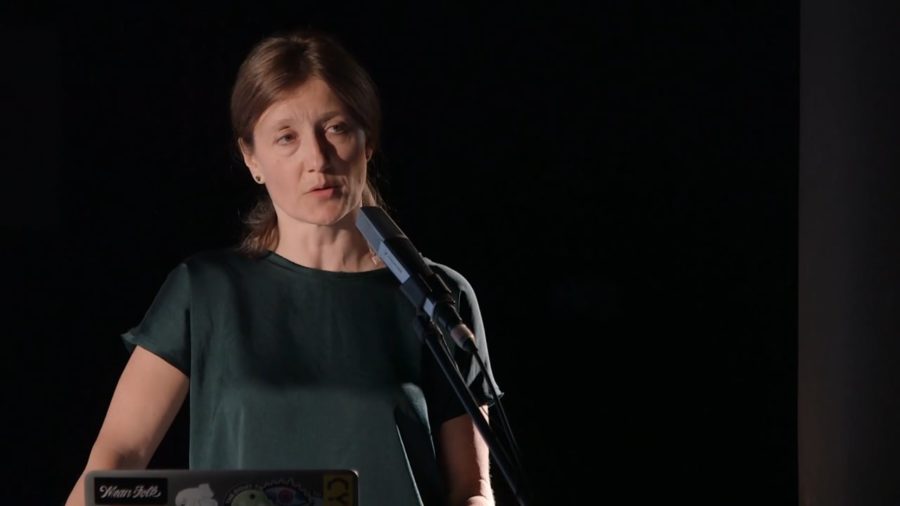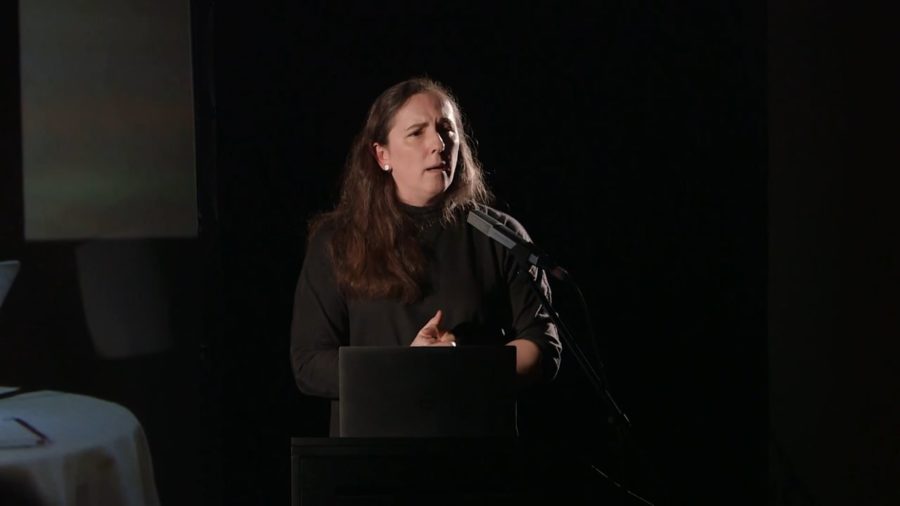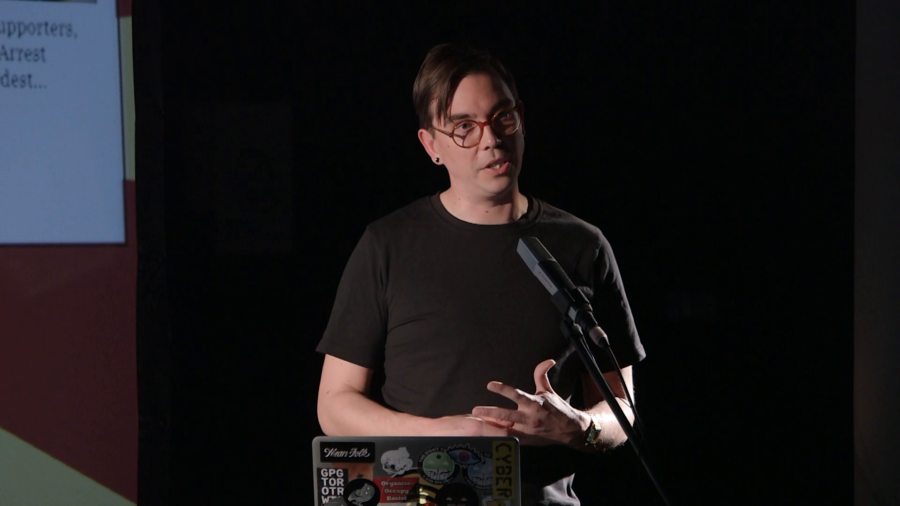When we think of citizenship nowadays, we mostly see it as a contested notion for it being reduced to an administrative criterion that is actually selectively differentiated: inclusion in, or exclusion from the nation-state membership, from privileged membership of Western nation-states.
Transnationalisms: Borders, Bodies, and Technology

Reclaiming Humanity: The Utopias of World Citizenship
presented by Mojca Pajnik

Performing States
presented by Eleanor Saitta
We have now in twenty years moved half the world’s population, give or take, to one city. And we all live in one city. And we keep walking out into the street and getting pasted by trams. And we don’t even understand what the trams are. We not only do not know how to live together online, we don’t even really understand that it’s a problem.

The Real Name Game
presented by James Bridle
Citizenship, after not thinking about it for a while, feels like something we’re all thinking about quite a lot these days. In the words of Hannah Arendt, citizenship is the right to have rights. All of your rights essentially descend from your citizenship, because only countries will protect those rights.
